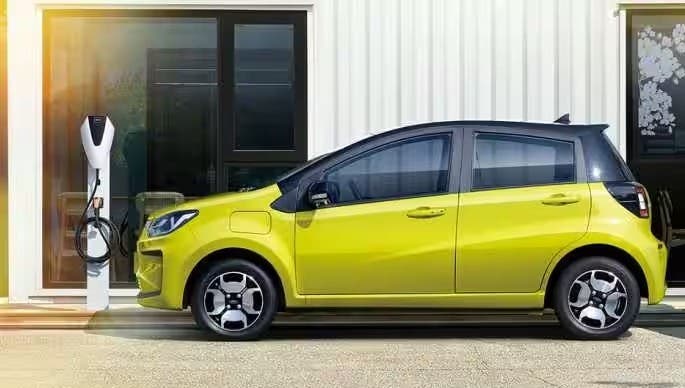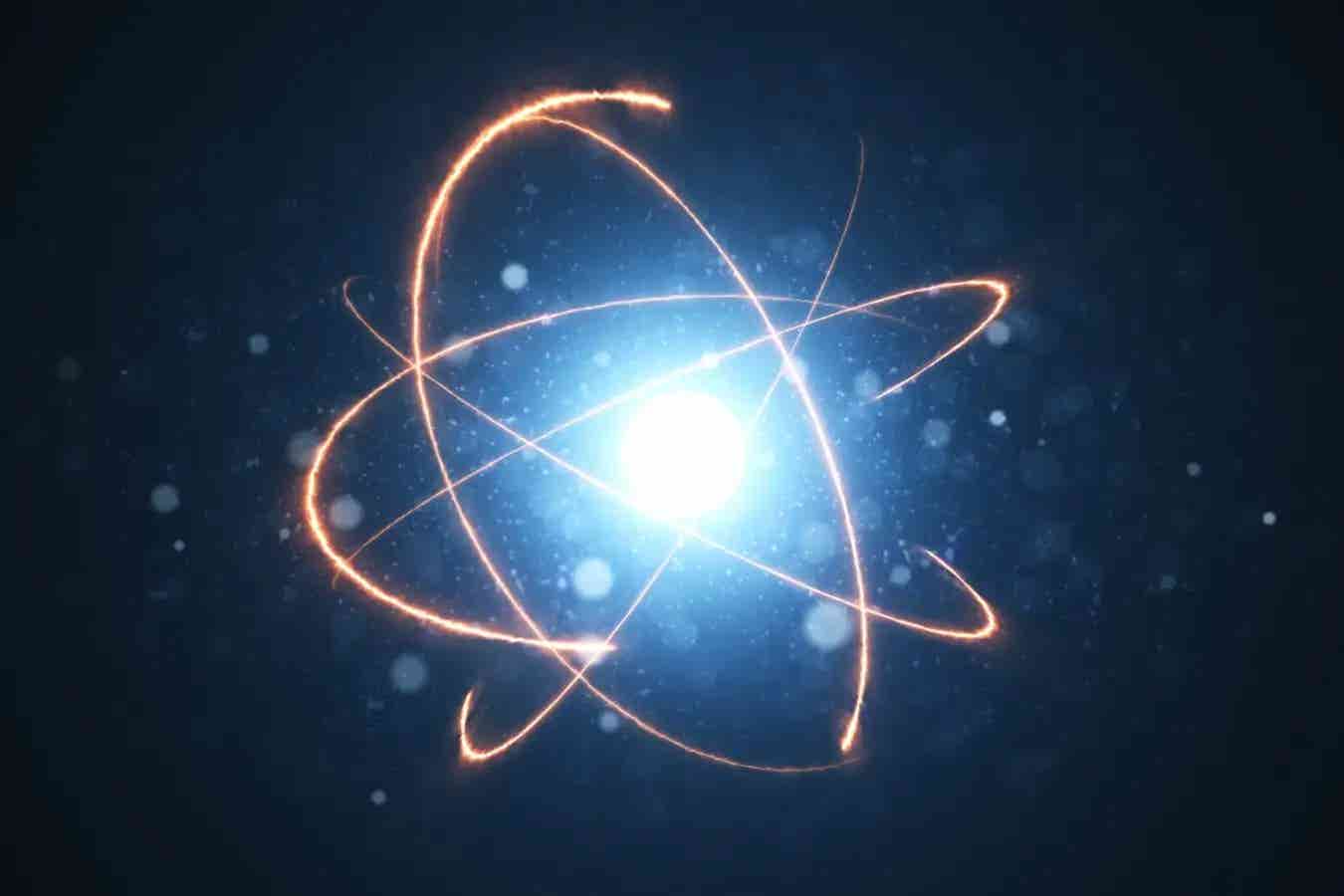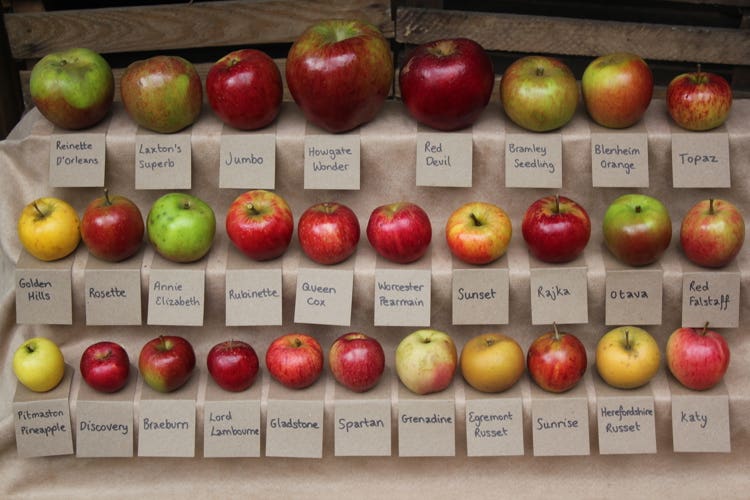Introducing the world’s first sodium-ion battery powered electric vehicle
Introducing the world’s first electric vehicle powered by sodium-ion batteries, marking a significant step towards mass commercialization.

[June 12, 2023: Staff Writer, The Brighter Side of News]
With a 25 kWh battery, the sodium-ion battery test vehicle can run up to 250 km on a single charge. (CREDIT: JAC Motors)
Chinese automaker JAC Group and Volkswagen's joint venture in China have introduced the world's first electric vehicle powered by sodium-ion batteries, marking a significant step towards mass commercialization of this promising new technology.
Sodium-ion batteries are an emerging alternative to traditional lithium-ion batteries, which are currently used in most EVs. While lithium-ion batteries are known for their high energy density and relatively long lifespan, they have several drawbacks, including high cost, environmental concerns, and limited availability of key materials such as cobalt and nickel.
Sodium-ion batteries, on the other hand, are made from abundant and low-cost materials, and are expected to offer comparable performance to lithium-ion batteries in terms of energy density, power output, and charging time. They also have the potential to be safer and more environmentally friendly, since they don't contain toxic or flammable materials.
JAC Motors has been working on developing sodium-ion battery technology for several years, and the company's iEVA50 represents the culmination of this effort. The vehicle is based on JAC's existing iEVA electric platform, but is equipped with a 53.6 kWh sodium-ion battery pack that provides a range of up to 500 km (310 miles) on a single charge. The battery can be fast-charged to 80% capacity in just 1 hour, according to the company.
Related Stories:
The company also highlighted that the sodium-ion batteries can operate in extreme weather conditions, from -40 degrees Celsius to 70 degrees Celsius. This feature makes it an ideal battery for regions with extreme weather conditions.
"The sodium-ion battery is a revolutionary technology that has the potential to transform the EV industry," said An Jin, Chairman of JAC Motors. "We are proud to be the first company in the world to showcase a sodium-ion battery powered EV, and we believe this technology will play a key role in the transition to sustainable transportation."
The iEVA50 is a compact SUV that seats five passengers and features a modern and stylish design. It is equipped with a 150 kW electric motor that delivers a top speed of 160 km/h (100 mph) and can accelerate from 0 to 100 km/h (0 to 62 mph) in just 7.5 seconds. The vehicle also comes with advanced safety features such as automatic emergency braking, lane departure warning, and adaptive cruise control.
The Hua Xianzi is fitted with a 25kwH Na-ion battery from HiNa Battery Technologies that can travel up to 250 kilometres on a single charge. (CREDIT: JAC Motors)
JAC Motors plans to begin mass production of the iEVA50 in 2023, and the company says it will be priced competitively with other mid-range EVs on the market. The company has already secured orders for the vehicle from several major fleet operators in China, including Didi Chuxing, the country's largest ride-hailing platform.
The iEVA50 is not JAC's first foray into the EV market. The company has been producing electric vehicles since 2010, and has sold more than 200,000 EVs to date. Its current lineup includes several models of compact and mid-size sedans, as well as a small SUV.
However, the iEVA50 represents a major milestone for JAC Motors and the EV industry as a whole. It demonstrates the potential of sodium-ion battery technology to provide a viable alternative to lithium-ion batteries, and could help accelerate the shift towards electrification of the transportation sector.
JAC Motors Electric Car E-JS1. Design by Bauhaus. (CREDIT: JAC Motors)
"The sodium-ion battery is stable, safe, and has low cost. It's a new opportunity for the development and popularization of EVs. We will deepen cooperation with JAC Motors to create a new energy ecosystem integrating EVs and energy storage," said Guoxuan's Chairman Li Zhen.
With the new sodium-ion battery, JAC Motors hopes to expand its presence in the global EV market. Currently, JAC Motors sells its EVs in more than 30 countries and regions, including Brazil, Mexico, Chile, and some European countries. The automaker aims to sell 200,000 EVs globally in 2025.
"Our goal is to achieve a market share of more than 10% in the global EV market by 2025. The launch of our sodium-ion battery-powered EV will accelerate the development of our EV business," said Xiang Xingchu, Vice President of JAC Motors.
"The development of sodium-ion batteries is an important step towards achieving sustainable and green mobility," said Dr. Wenbin Yu, Director of the Institute of Energy Storage at the Chinese Academy of Sciences, which collaborated with JAC Motors on the development of the iEVA50's battery technology.
Other companies in the sodium-ion EV space
JAC Motors is not the only company that is developing sodium-ion batteries. Other Chinese companies, including CATL, BYD, and Gotion High-Tech, are also investing in the technology. Last year, CATL announced that it had developed a sodium-ion battery with an energy density of 160 watt-hours per kilogram, which is close to the energy density of current lithium-ion batteries.
The development of new battery technologies is crucial for the growth of the EV market. As the demand for EVs increases, automakers are looking for more efficient, safe, and affordable battery solutions. The sodium-ion battery technology could be a game-changer for the EV market, providing a safe, low-cost, and sustainable alternative to lithium-ion batteries.
"The sodium-ion battery is an exciting development in the EV industry. It offers a new option for automakers to create affordable, efficient, and sustainable EVs. We believe that the sodium-ion battery technology will play an important role in the future of the EV market," said Xie Chao, a senior analyst at China Automotive Research.
For more science news stories check out our New Innovations section at The Brighter Side of News.
Note: Materials provided above by The Brighter Side of News. Content may be edited for style and length.
Like these kind of feel good stories? Get the Brighter Side of News' newsletter.
Joseph Shavit
Head Science News Writer | Communicating Innovation & Discovery
Based in Los Angeles, Joseph Shavit is an accomplished science journalist, head science news writer and co-founder at The Brighter Side of News, where he translates cutting-edge discoveries into compelling stories for a broad audience. With a strong background spanning science, business, product management, media leadership, and entrepreneurship, Joseph brings a unique perspective to science communication. His expertise allows him to uncover the intersection of technological advancements and market potential, shedding light on how groundbreaking research evolves into transformative products and industries.



